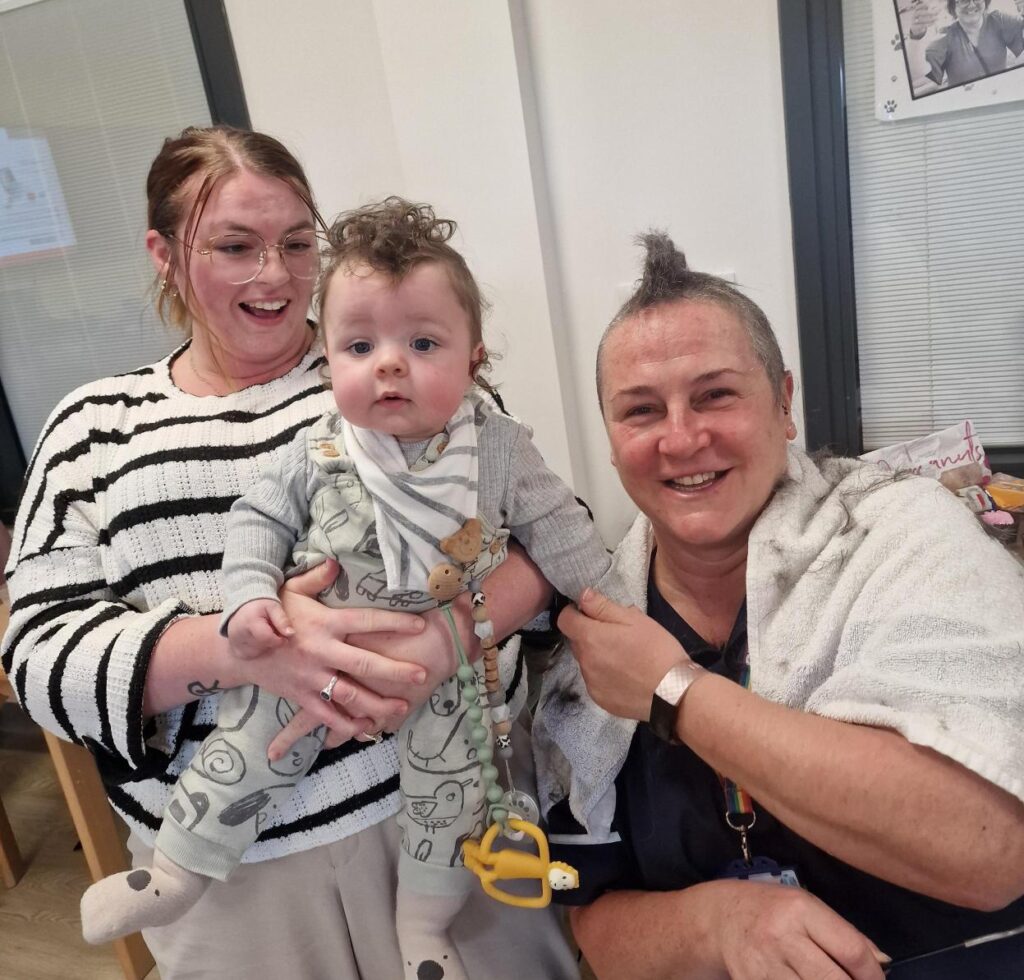Trust Advises People to Avoid Hospitals If They Are Suffering From Symptoms of Norovirus
Written by John Williamson on 16/10/2017
Norovirus, which causes diarrhoea and vomiting, is one of the most common stomach bugs in the UK. By not attending hospitals when you have the symptoms of Norovirus infection, you will help us to keep staff and patients at University Hospitals of Morecambe Bay NHS Foundation Trust (UHMBT), free of the virus.
Bryan Rackstraw, Lead Nurse for Infection Prevention, UHMBT, said: “Norovirus is a common cause for diarrhoea and /or vomiting and is often referred to as the ‘winter vomiting bug’ because it has, historically, been more common in winter, although it can circulate throughout the year.
“If people attend hospital with Norovirus symptoms it can result in staff and patients becoming ill with the virus themselves.
“We would ask that friends and relatives visiting their loved ones not to:
- Visit any hospital or clinic if you have suffered symptoms of diarrhoea or vomiting within the last 48 hours
- Visit with young children
- Bring food in for loved ones
- Have more than two visitors at each bed
- Visit communal areas within the hospital
- Please remember to wash your hands on entrance to and exit from all ward and department areas.”
David Walker, Medical Director UHMBT, added: “Whilst we understand that the virus can make you feel dreadful, you only need to seek medical advice if you have signs of dehydration such as persistent dizziness, only passing small amounts of urine or no urine at all or reduced consciousness; if you have bloody diarrhoea; if you or your child have a serious underlying condition, such as kidney disease, or if your symptoms haven’t started to improve after a few days.”
To help ease symptoms of norovirus:
- Drink plenty of fluids to avoid dehydration. You need to drink more than usual to replace the fluids lost from vomiting and diarrhoea – as well as water, adults could also try fruit juice and soup. Avoid giving fizzy drinks or fruit juice to children as it can make their diarrhoea worse. Babies should continue to feed as usual, either with breast milk or other milk feeds
- Take paracetamol for any fever or aches and pain
- Get plenty of rest
- If you feel like eating, eat plain foods, such as soup, rice, pasta and bread
- Use special rehydration drinks made from sachets bought from pharmacies if you have signs of dehydration, such as a dry mouth or dark urine – read more about treating dehydration
Dr Andy Knox, Morecambe Bay CCG’s Executive Lead for Health and Wellbeing said: “Although extremely unpleasant; sickness and diarrhoea will usually get better on its own within a week. In most cases the best thing you can do is to stay at home and get plenty of rest. It’s vital to drink lots of fluids when experiencing any vomiting or diarrhoea to avoid dehydration and you can take paracetamol to reduce any pains or fever.
“It’s important to remember that sickness and diarrhoea can spread really easily to others so make sure you wash your hands with soap and water frequently whilst you are unwell. You MUST stay off work/school for a full 48 hours after symptoms have cleared to avoid passing the infection on, and you must not swim for 2 weeks once better.”
Over the coming months we will be releasing winter messages on a variety of conditions such as flu, mental health and slips and falls to advise people how they can best treat their symptoms. You can follow our winter messages on the Trust’s Twitter and Facebook pages and our Bay Health & Care Partners messages @BCTMorecambeBay
Watch the Think Why A&E! video to find out which service is best for you Here






